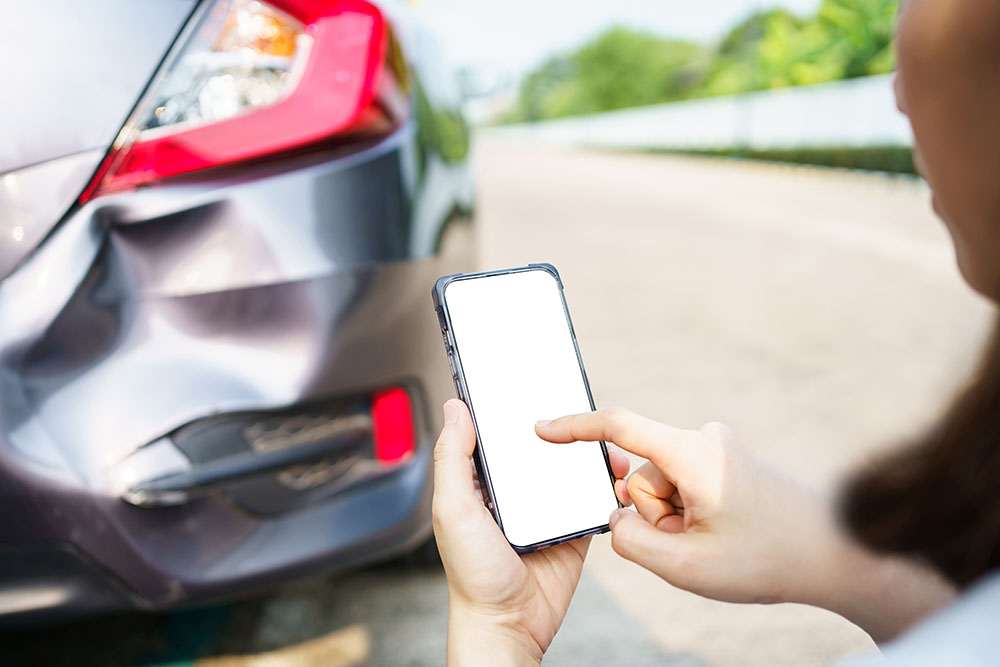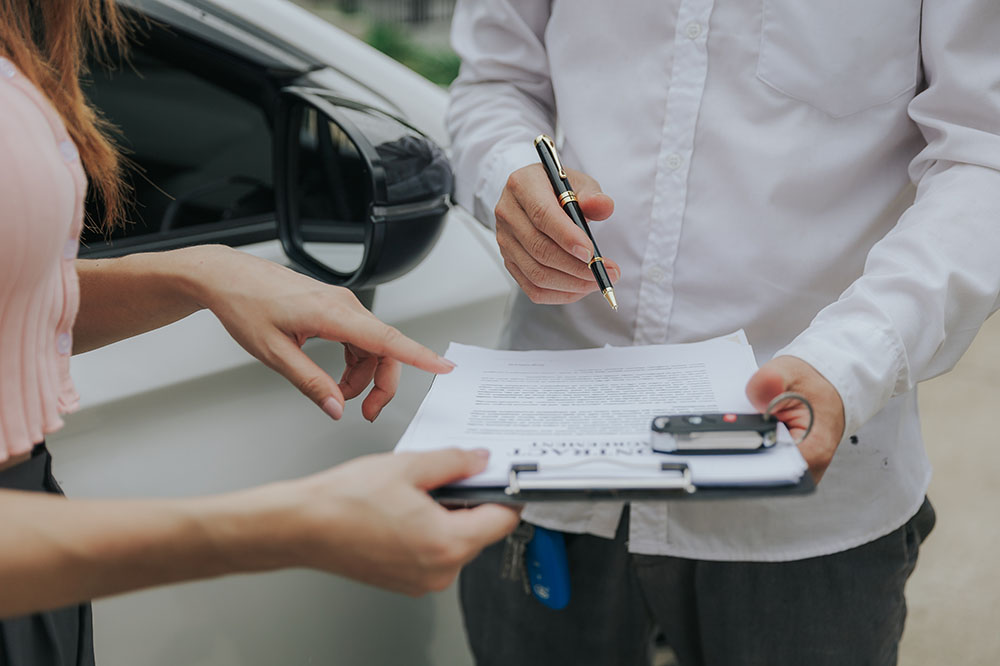Your car crash report is a vital piece of evidence in any insurance or injury claim. But it must be accurate or else it could hold up or even jeopardize your settlement! Below, we’re looking at how crash reports work and how to make sure that yours is accurate.
What Is a Crash Report?
A crash report is like a snapshot capturing the facts and circumstances of a crash. It contains key details, such as the driver(s) involved and where the crash happened. You can use your crash report to:
- File an auto insurance claim
- Make a personal injury or property damage claim
- Maintain your own personal driving records
What California Crash Reports Reveal
Crash reports in California reveal critical details, such as:
- Whether the officer issued citations at the scene e.g. for DUIs
- Any injuries identified at the scene
- Who or what (in the officer’s own words) most likely caused the crash
- Whether there were road hazards e.g. potholes, poor lighting
Reports help to ensure you get the full settlement value of any claim you’re entitled to make.
Who Needs an Accident Report in California?
You must report any crash to the police (and the DMV within 10 days of the crash) if:
- Anyone is injured (even if it’s minor)
- There is property damage worth $1,000 or more
Failing to report a crash when obliged to do so is serious. You could face hit and run charges – even for a minor incident.
Why the Accuracy of Your Accident Report Matters
There are three main reasons why your report must be accurate.
- California is an at-fault state. If the report suggests that you caused the crash, you will lose out on the full value of compensation you deserve.
- If you’re injured, but this is missing from the report, it could affect a personal injury claim. It could make it harder to claim damages.
- Your insurance premiums could go up unnecessarily if the report implies you were to blame, if this is false.
What Affects the Accuracy of a California DMV Crash Report?
Usually, the quality of the details provided are what impacts a DMV report’s accuracy. Examples of what could go wrong with a DMV report include:
- Factual errors e.g. wrong driver’s license number
- Missing details e.g. injury information
- Inaccurate insurance details
- Reporting delays – the longer you wait, the weaker your recollections may be
As the driver, you are responsible for completing the DMV crash report. To avoid unnecessary delays in the claims process, check your form carefully before submitting it.
What Affects the Accuracy of a Crash Report from CHP?
It’s understandable if drivers get the odd detail wrong in a crash report. After all, it’s a stressful and difficult time. Law officers, however, complete accident reports all the time. So, they should complete a report quickly but carefully. That said, crash reports can – and do – contain errors. The main reasons why CHP reports are wrong are:
- Miscommunication at the scene e.g. providing the wrong insurance details
- Factual inaccuracies e.g. the wrong accident time or location
- Conflicting statements e.g. a witness says one thing, the driver another
This is why it’s so crucial to obtain a copy of your report. Otherwise, you won’t know these errors exist – so you can’t fix them! 
Improve the Accuracy of Your Crash Report in California
Human error means that inaccuracies sometimes slip through the net. However, there are certain steps you can take to improve the accuracy of any report.
- Give yourself plenty of time to complete your SR-1 for the DMV. Rushing means you’re more likely to make mistakes.
- Obtain a copy of your CHP crash report as soon as possible. The quicker you spot errors, the easier they can be to fix.
- Take pictures and videos at the scene. You can compare this hard evidence to what’s in the report to make sure it’s correct.
- Tell the police everything they need to know at the scene. Report, for example, any injuries you might have or any property damage you identify.
- Ask for help if you’re unsure how to complete your report or read the CHP report. Otherwise, there’s a risk you will miss critical details.
Correct Inaccuracies in CA Crash Reports
Is your report inaccurate? Take the following steps as soon as possible.
- Contact the police and ask to speak to the relevant officer. Or put your concerns in writing.
- Explain, calmly, what is wrong with the report. Provide evidence to support your version of events. For example, medical records and license information are helpful.
- If the error is in a DMV report, contact the department right away. Explain the situation and ask to submit a new report or provide amendments.
- Already sent the report to your insurance company? Contact them urgently and tell them you’re waiting for a new report.
- If the report cannot be changed, contact a personal injury or civil law attorney for help.
Access Your California Crash Report Online
The simplest way to obtain your DMV accident report is online. You can complete an SR-1 form. Or you can proceed as follows to obtain a copy of a CHP crash report.
- Have basic details to hand, including the crash date and location.
- Complete CHP 190. Provide details including your insurance information and a description of your vehicle.
- Submit the form in person or by mail. Pay any relevant fees.
- Remember to attach a copy of photo ID e.g. your passport.
You can’t get a copy of a crash report in CA unless you are a ”party of interest”. Interested parties include drivers and passengers involved, legal guardians, and parents of minors.
Get Your California Crash Reports Now
Trying to find a California crash report online can be time-consuming. But that’s where we can help. At Auto Accident Records, we know exactly where to look to find any crash report. We will email you where to find your report so you can easily start the claims process. And if you need help finding a doctor or lawyer, we can assist with this, too! Are you ready to get your California crash report? Complete our simple form to get started.
